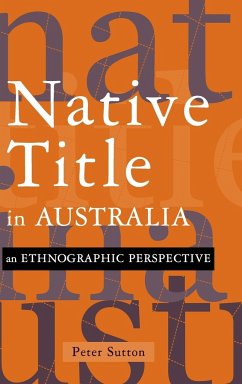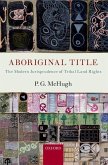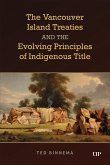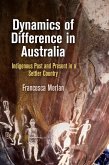Australian law recognised the existence of native title in the Mabo decision of 1992. Since then, many indigenous people have worked with anthropologists and other scholars in recording and presenting the factual bases of their native title claims, and anthropologists have also acted as consultants to non-claimant parties. In this context, the legal and bureaucratic advisers of claimants and other parties often encounter the complexities of indigenous land and marine tenure for the first time, or at least in a new way. In this book Peter Sutton sets out the fundamental anthropological issues involved in native title in Australia, focusing on the kinds of rights that are held in traditional 'countries', the types of groups whose members have been found to enjoy those rights, and how such groups have changed over 200 years of post-colonial history.
Table of contents:
1. Kinds of Rights in Country; 2. Local Organisation before the Land Claims Era; 3. Aboriginal Country Groups; 4. Atomism versus Collectivism; 5. Underlying and Proximate Customary Titles; 6. The System Question; 7. Kinship, Filiation and Aboriginal Land Tenure; 8. Families of Polity.
In this book, Peter Sutton sets out fundamental anthropological issues to do with customary rights, kinship, identity and spirituality that are highly relevant for lawyers and others working on land claims cases.
Discusses fundamental anthropological issues to do with customary rights, kinship, identity and spirituality.
Hinweis: Dieser Artikel kann nur an eine deutsche Lieferadresse ausgeliefert werden.
Table of contents:
1. Kinds of Rights in Country; 2. Local Organisation before the Land Claims Era; 3. Aboriginal Country Groups; 4. Atomism versus Collectivism; 5. Underlying and Proximate Customary Titles; 6. The System Question; 7. Kinship, Filiation and Aboriginal Land Tenure; 8. Families of Polity.
In this book, Peter Sutton sets out fundamental anthropological issues to do with customary rights, kinship, identity and spirituality that are highly relevant for lawyers and others working on land claims cases.
Discusses fundamental anthropological issues to do with customary rights, kinship, identity and spirituality.
Hinweis: Dieser Artikel kann nur an eine deutsche Lieferadresse ausgeliefert werden.









